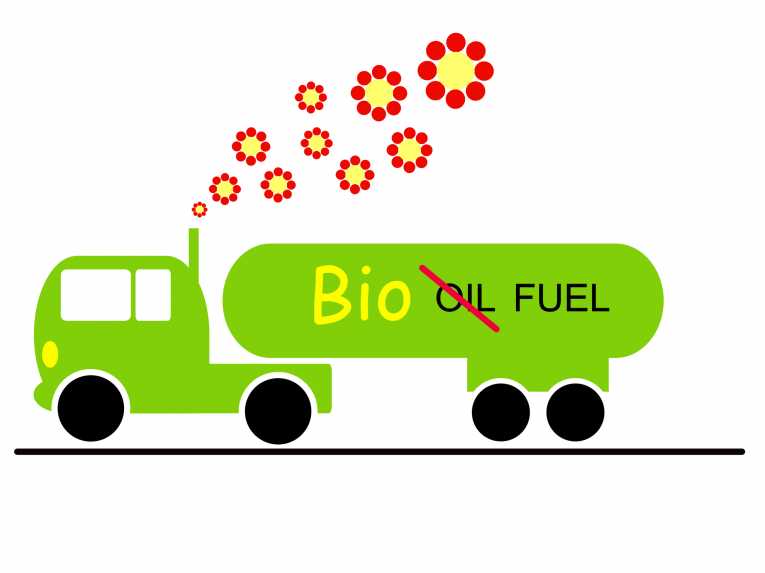As the world struggles with rising petrol and diesel costs, biofuels are increasingly being seen as the most viable alternative source. However, this will come at a cost.
A new report by the International Energy Agency (IEA) says that ''most biofuel technologies could cost the same, or even less, than fossil fuels''. The report, called Biofuels for Transport, notes that around US$13 trillion of investment funds are needed to make sure that the market for biofuels as a sustainable and renewable energy source is effectively developed.
With a warning that halting the ever rising price of fossil fuel will need major investments, the Executive Director of IEA, Nobuo Tanaka said ''the age of cheap energy is over''. In his speech at the Bridge Forum Dialogue in Luxembourg earlier this month, Tanaka raised concerns that the reignited nuclear energy debate following the Japanese tsunami disaster has major consequences for both the security of energy supply as well as global warming.
Biofuels are currently supplying 55 million tonnes of oil to the transportation sector and it is expected this could rise to 750 million tonnes by 2050, but only if a number of research and infrastructure investments are made. The IEA's director of sustainable energy policy and technology reinforced that vehicle efficiency to help reduce the emissions from transportation is a priority but that low-carbon alternatives to fossil fuels are also vital, particularly for the commercial transportation industries.
The IEA report notes that around 100 million hectares of land would be required each year to meet the targets. This has certainly highlighted the concerns already being voiced about how the increasing demand for biofuels has the potential to have a significant impact on the land available for cultivating food to feed the world's growing population.
The solution lies in both developing biofuels that are more efficient in terms of land-use and land-conversion rates as well as advancing technologies that are currently in their early stages, such as wood and straw, to commercially-viable crops. Additionally, it will be critical that global sustainability standards are put in place so that trade barriers are removed and biofuel development has a positive impact on the environment to be able to fuel our future.










